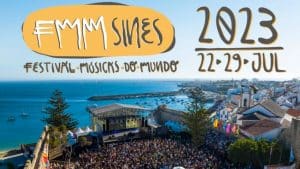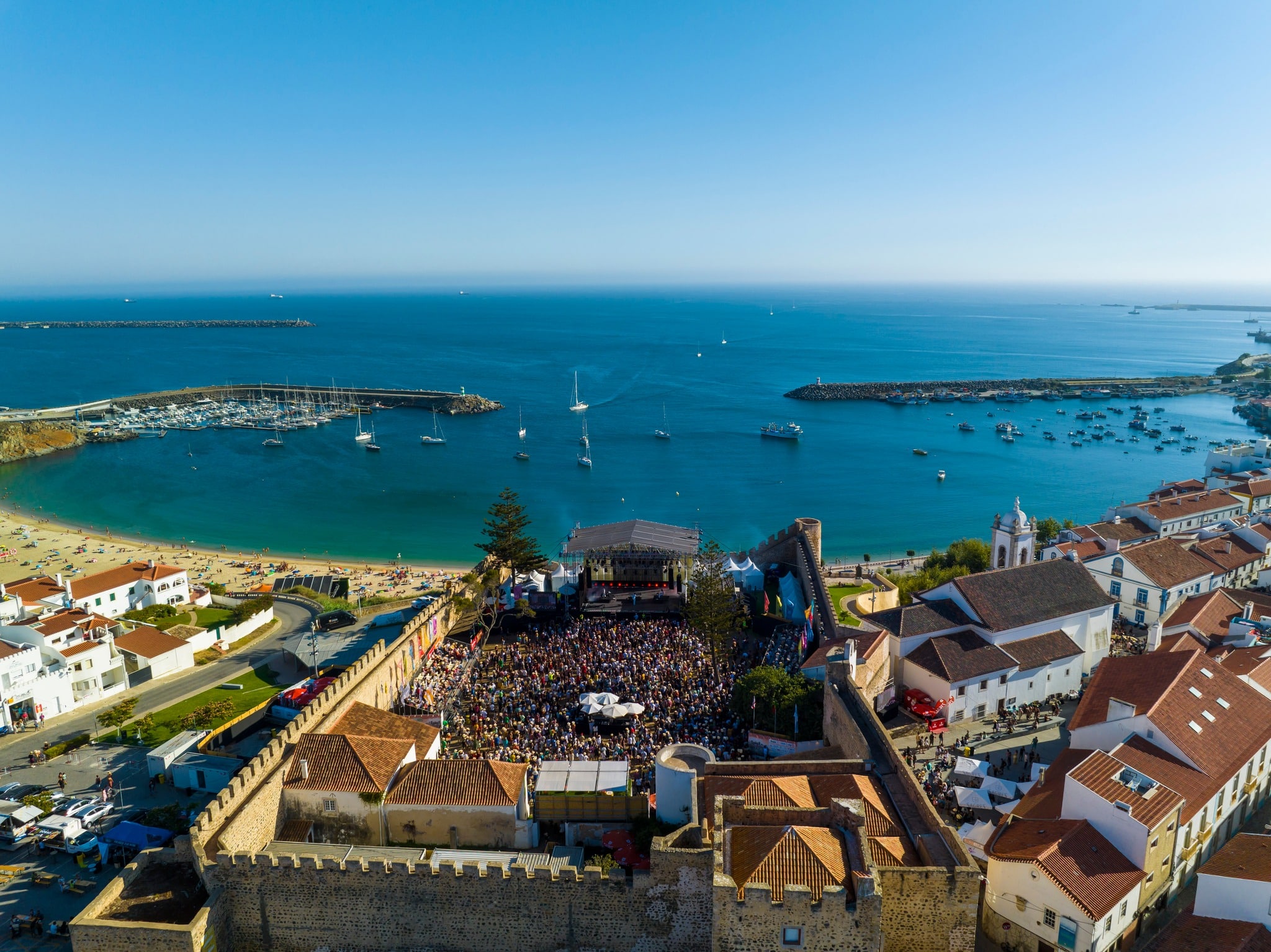The Festival Músicas do Mundo, which docks in Porto Covo and Sines from Saturday, wants to continue to be “a port” for artists more and less known to the public, says the artistic and production director.
Speaking to Lusa, via telephone, Carlos Seixas highlights that the program of the 23rd edition of the Festival Músicas do Mundo (FMM), which runs from July 22 to 29, combining well-known names – debutants and repeaters – and the intention to “give stage” to “artists from various geographies who have (…) difficulty (…) in showing what they do”.
The FMM is a “meeting place, a port, it always has been, where understanding and acceptance of others are privileged”, he points out.
Assuming the “demand to try to do better than in previous years”, Carlos Seixas, programmer of the festival since the first hour, highlights the importance of “broadening audiences for alternative musical and artistic genres, which are, unfortunately,” seen as “peripheral” and “minorized” by the conventional industry.
The fact that it is the Municipality of Sines that organizes and finances the festival (which also has other sponsors), makes FMM an “extraordinary” case in Europe, where “public service is increasingly in danger and things are done from an entertainment perspective and not from what is the cultural thing”, comments Carlos Seixas.
The artistic director is attentive to current affairs and criticizes what happened in Porto, with the eviction of several artists from the Stop shopping center, an episode “manifestly very sad”.
On Tuesday, more than a hundred stores in the Stop shopping center were sealed by the Municipal Police “for lack of licenses to operate”, justified the Porto City Council.

The Stop shopping center has been operating for more than 20 years as a cultural space and several fractions of its floors are used as rehearsal rooms or studios by various artists.
“Institutions act in a way that is not the most appropriate to the cultural and social fabric of our country, of our cities. Our cities are becoming less and less interested in what is the identity of a community,” he laments.
In a context of massification and large-scale festivals, FMM aims to be “a festival of diversity”, he summarizes, noting that the program includes 42 concerts by artists from 27 different countries.
Among the artists already with a recognized career but who have never been at FMM, Carlos Seixas highlights the Portuguese Carminho, Lila Downs (Mexico), The Selecter (United Kingdom), Nneka (Nigeria) and Rodrigo Cuevas (Spain), among others.
Chico César (Brazil), Tinariwen (Tuareg People/Mali) and Al Quasar feat. Al Sarah (France/Armenia/Lebanon/Sudan) are among some of the repeaters.
This year’s Portuguese delegation includes, in addition to Carminho, the band Expresso Transatlântico (responsible for the opening, this Saturday, at 21:30, at Largo Marquês de Pombal, in Porto Covo), Tó Trips Trio, A Garota Não, Maria João and Carlos Bica Quarteto, B Fachada, Rita Braga, Rita Vian and Raia.
Among the Portuguese-speaking countries, Brazil (with Céu, Chico César, Gilsons and, in a special concert, the Maré do Amanhã Orchestra) and Guinea-Bissau (Eneida Marta, Super Mama Djombo and Tabanka Djaz) have the largest delegations.
Cape Verde, Mozambique and São Tomé and Príncipe are also present in this edition, respectively with Sharks, Ghorwane and Black Africa.
In addition, Carlos Seixas recalls that the FMM “is not just concerts”, referring to the parallel initiatives, which intend to continue to be an “aggregator and engine of the production of thought and cultural discovery”.
In its 23 editions, FMM has welcomed more than 3,600 artists from a hundred countries and regions.
In 2017, FMM received the EFFE Award, awarded by the European Festivals Association, for being “one of the most influential European festivals”.

